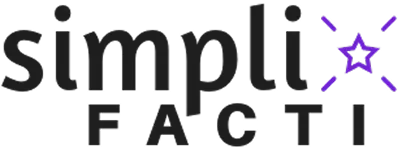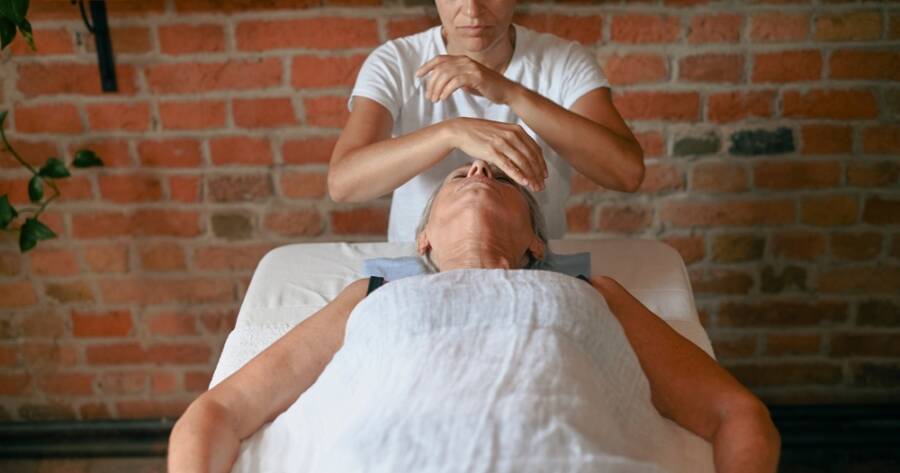Reiki therapy has gained attention in recent years as people search for natural ways to feel better. This energy-based practice claims to balance the body and mind without medicine or machines. But does it truly work, or is the benefit simply in believing it does? Explore what Reiki is and whether it can offer real health benefits.
Understanding Reiki: A Hands-On Energy Practice
Reiki originated in Japan in the early 20th century and is often translated as “universal life energy.” Practitioners use light touch or place their hands just above the body to transfer energy. The goal is to improve the flow of energy and help the body heal naturally.
Unlike massage, Reiki doesn’t involve muscle manipulation. It’s gentle and noninvasive, which appeals to those seeking low-impact healing. Practitioners say that disruptions in energy flow can lead to stress or illness, and Reiki aims to restore that balance. Sessions often last between 60 and 90 minutes and are meant to promote calm, relaxation, and emotional clarity.
Supporters Say Reiki Has Real Benefits
Many people who try Reiki report feeling better—physically, mentally, or both. Supporters believe Reiki can reduce anxiety, improve sleep, and ease minor pain. Some cancer centers and hospitals in the United States even offer Reiki as a form of complementary care.
In some cases, Reiki is used alongside standard treatment to help people feel more at ease during recovery. It may help reduce the emotional toll of illness or pain by calming the nervous system. Many clients report feeling relaxed, centered, and refreshed after a session, even if they were skeptical at first.
Some research suggests Reiki may help lower stress levels. A few small studies have shown changes in heart rate and blood pressure after sessions. However, results often depend on how the participants feel about the treatment—raising questions about how much belief plays a role.
Skeptics Point to the Placebo Effect
Critics argue that Reiki lacks strong scientific proof. Many studies on Reiki have small sample sizes or do not use double-blind methods. That means participants may know they’re receiving Reiki, which could influence how they feel.
Skeptics suggest that people who benefit from Reiki may be experiencing the placebo effect. In other words, they feel better because they expect to, not because energy is being transferred. While the placebo effect itself is real and can lead to improvement, it raises concerns about whether Reiki should be viewed as true therapy.
Medical experts often stress that Reiki should not be used as a replacement for proven treatments. It may be a useful supplement, especially for managing stress or mild discomfort, but it is not a cure for illness or injury. It’s also hard to measure the energy Reiki claims to move, since it can’t be detected with modern tools.
Where Reiki Fits in Today’s Wellness Culture
Despite the lack of hard evidence, Reiki continues to grow in popularity, especially in wellness centers, yoga studios, and holistic clinics. People seeking balance, mindfulness, or spiritual connection often turn to Reiki for support. It’s also easy to access—sessions can be found in person and even online.
For many Americans, Reiki fits into a broader trend of self-care. Along with practices like meditation, breathwork, or sound healing, Reiki appeals to those interested in natural, low-risk ways to manage their well-being. Because it focuses on relaxation and emotional balance, it may be useful for people feeling overwhelmed by daily life or chronic stress.
Still, it’s important for consumers to be informed. Not all practitioners are trained the same way, and standards vary. Those curious about Reiki should check credentials, seek personal recommendations, and make sure the practice is being used to support—not replace—proper medical care.
Reiki May Not Be Magic, But It Has a Place
Whether Reiki truly moves energy or simply helps the mind relax, it has value for many people. Its gentle, calming nature makes it a low-risk option for those interested in feeling more balanced. While science has yet to confirm many of its claims, the reported effects—like peace, clarity, and reduced stress—shouldn’t be dismissed.
At the end of the day, Reiki might not heal in a medical sense, but it can support emotional wellness. That may be enough for those who want a break from life’s chaos. As long as it’s not used as a substitute for real healthcare, Reiki can offer a safe space for healing—real or perceived.

